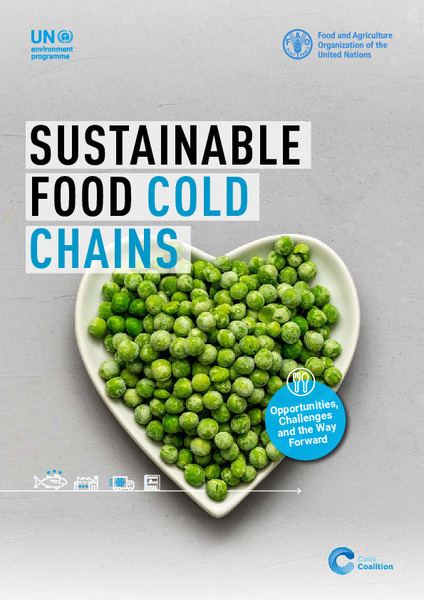| dc.contributor | Ecosystems Division | en_US |
| dc.contributor.author | United Nations Environment Programme | en_US |
| dc.contributor.author | Food and Agriculture Organisation of the United Nations | en_US |
| dc.contributor.other | Peters, Toby | en_US |
| dc.contributor.other | Sayin, Leyla | en_US |
| dc.coverage.spatial | Colombia | en_US |
| dc.coverage.spatial | Kenya | en_US |
| dc.coverage.spatial | India | en_US |
| dc.coverage.spatial | Ethiopia | en_US |
| dc.coverage.spatial | Uganda | en_US |
| dc.coverage.spatial | Rwanda | en_US |
| dc.coverage.spatial | United Republic of Tanzania | en_US |
| dc.coverage.spatial | Nigeria | en_US |
| dc.coverage.spatial | United Kingdom | en_US |
| dc.coverage.spatial | Belgium | en_US |
| dc.coverage.spatial | Luxembourg | en_US |
| dc.coverage.spatial | Democratic Republic of the Congo | en_US |
| dc.coverage.spatial | Senegal | en_US |
| dc.coverage.spatial | Eswatini | en_US |
| dc.coverage.spatial | Tunisia | en_US |
| dc.coverage.spatial | Mexico | en_US |
| dc.coverage.spatial | Thailand | en_US |
| dc.coverage.spatial | Republic of Moldova | en_US |
| dc.coverage.spatial | Belarus | en_US |
| dc.coverage.spatial | Africa | en_US |
| dc.coverage.spatial | Ghana | en_US |
| dc.coverage.spatial | Argentina | en_US |
| dc.coverage.spatial | Jordan | en_US |
| dc.coverage.spatial | Solomon Islands | en_US |
| dc.coverage.spatial | Italy | en_US |
| dc.date.accessioned | 2022-11-18T06:01:28Z | |
| dc.date.available | 2022-11-18T06:01:28Z | |
| dc.date.issued | 2022-11 | |
| dc.identifier.uri | https://wedocs.unep.org/20.500.11822/41240 | |
| dc.description | This report highlights the complexity of food cold chain development globally and explores how it can evolve to become more sustainable. The main objectives of the analysis are to provide an overview of the status, drivers and implications of food cold chains globally; to describe the benefits of sustainable food cold chains; to identify the key drivers, barriers and opportunities in moving towards them; and to showcase existing technologies, projects, finance and business models, and policies, both locally and internationally. The report concludes with recommendations for a comprehensive systems approach to accelerate action and to foster cooperation among the diverse actors to advance more sustainable food cold chains globally. | en_US |
| dc.format | Text | en_US |
| dc.language | English | en_US |
| dc.publisher | United Nations Environment Programme and Food and Agriculture Organization of the United Nations | en_US |
| dc.rights | Public | en_US |
| dc.subject | cooling | en_US |
| dc.subject | food loss | en_US |
| dc.subject | food chain | en_US |
| dc.subject | case study | en_US |
| dc.subject | food transport | en_US |
| dc.subject | refrigeration | en_US |
| dc.title | Sustainable Food Cold Chains: Opportunities, Challenges and the Way Forward | en_US |
| dc.type | Publications | en_US |
| dc.type | Technical Reports | en_US |


